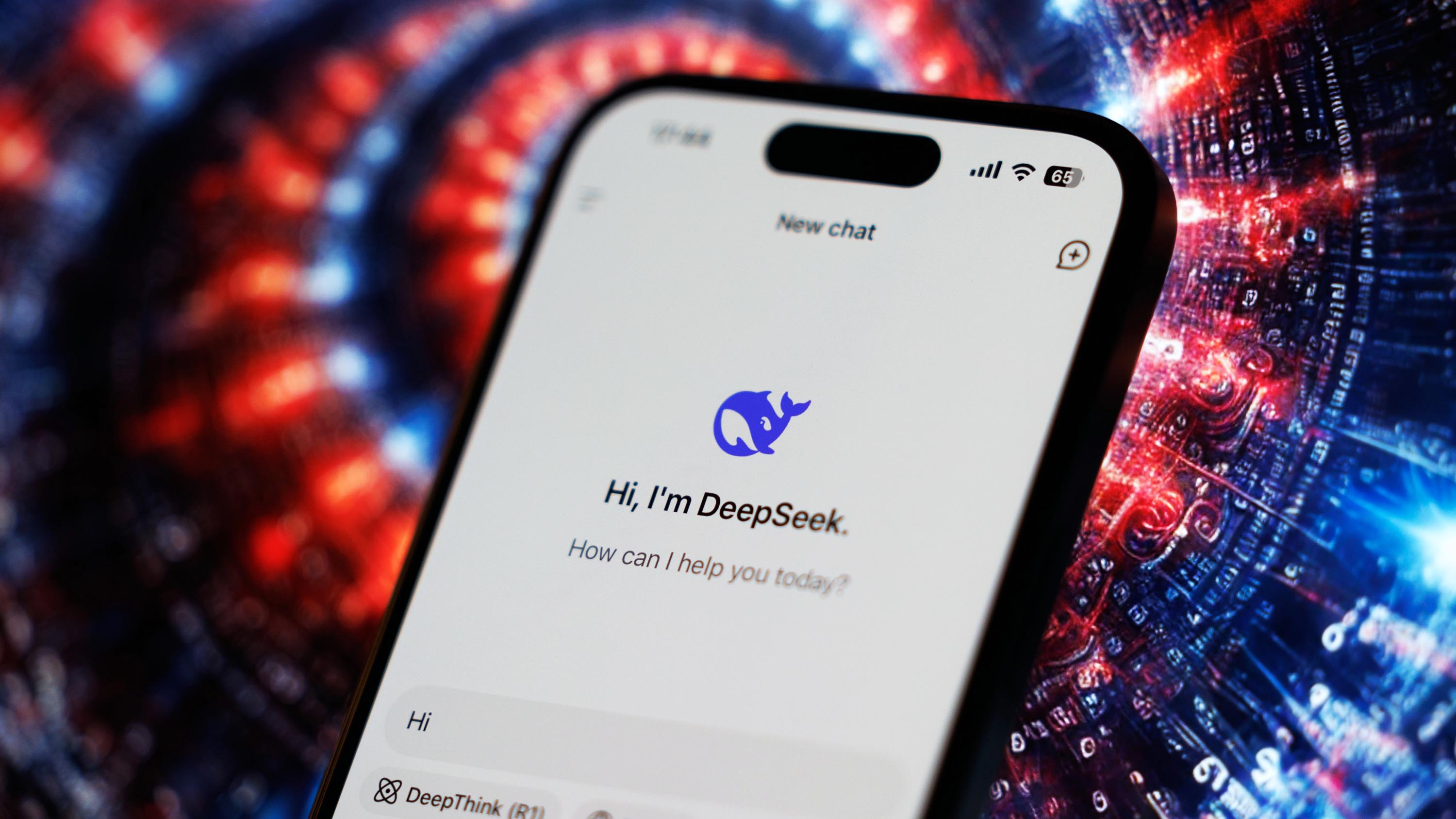
After the excitement and anticipation surrounding DeepSeek grew, particularly with its R1 AI model outperforming OpenAI’s o1 in areas like math, science, and coding, it quickly became the most popular free app in the US, ousting ChatGPT from its position. This surge in popularity has led to significant drops in the stock prices of Microsoft, Meta, and NVIDIA.
Although Meta’s chief AI scientist, Yann LeCun, believes that DeepSeek’s groundbreaking advancement in the AI field is strongly associated with the open-source design of its primary model, significant security issues are arising. In a recent announcement, DeepSeek has limited new user registrations because of widespread malicious attacks on their services, which they refer to as “large-scale cyberattacks”. Despite this, current users can still make use of the tool’s features without any disruptions.
Key industry figures praise DeepSeek for surpassing proprietary AI models with its latest achievement. Yet, some critics have downplayed this success due to the software’s open-source nature, meaning its code can be freely accessed and altered by anyone at no cost. It should be noted that the app relies on DeepSeek’s open-source V3 model for its functionality.
It’s said that the model cost roughly 6 million dollars to train, lagging significantly behind the massive sums spent on top-tier models. This gap is attributed to scaling laws that appear to have hindered the advancement of cutting-edge AI models because of a scarcity of superior training material.
The buzz surrounding DeepSeek arises following the unveiling of the Stargate Project, a joint venture between OpenAI and SoftBank, worth an impressive $500 billion. This ambitious project aims to strengthen the foundation for AI growth nationwide within the United States. During the official announcement, President Donald J. Trump referred to it as the most monumental AI infrastructure project ever, stating that it would help ensure technological progress remains within US borders.
In summary, DeepSeek, which appears to uphold OpenAI’s original goal of creating free AI systems for the betterment of all humanity, poses a challenge for the Chinese startup due to potential security and safety issues stemming from recent cyberattacks. It seems that Sam Altman, CEO of OpenAI, might have been correct in advocating for keeping advanced AI models proprietary as it could make reaching the safety threshold more straightforward.
Read More
- Forza Horizon 5 Update Available Now, Includes Several PS5-Specific Fixes
- Masters Toronto 2025: Everything You Need to Know
- ‘The budget card to beat right now’ — Radeon RX 9060 XT reviews are in, and it looks like a win for AMD
- We Loved Both of These Classic Sci-Fi Films (But They’re Pretty Much the Same Movie)
- Gold Rate Forecast
- Valorant Champions 2025: Paris Set to Host Esports’ Premier Event Across Two Iconic Venues
- Street Fighter 6 Game-Key Card on Switch 2 is Considered to be a Digital Copy by Capcom
- The Lowdown on Labubu: What to Know About the Viral Toy
- Karate Kid: Legends Hits Important Global Box Office Milestone, Showing Promise Despite 59% RT Score
- Eddie Murphy Reveals the Role That Defines His Hollywood Career
2025-01-27 22:39